I’ve talked in the past about how one of my biggest jobs as a sleep coach is disabusing myths surrounding sleep training. One of the BIGGEST misconceptions out there is that teething is the cause of infant and toddler sleep problems. I send my clients this amazing article from Slate all the time.
In it author Melinda Wenner Moyer discusses the reality of how teething affects sleep:
“…if teething caused tremendous pain, one would expect kids to have consistent symptoms—but they don’t. In one of the most carefully conducted studies on teething that’s ever been done, researchers in Brazil sent dentists into the homes of 47 babies every day for eight months.
They took the babies’ temperatures, checked their gums, and interviewed the parents about their infants’ behaviors. The study found that teething was associated with sleep disturbances, drooling, rashes, runny noses, diarrhea, appetite loss, irritability, and slight rises in temperature (not clinical fevers).
But the interesting thing is that these symptoms consistently occurred only on the day that a child’s tooth erupted and one day after. No symptoms regularly occurred in the days before the tooth appeared.”
So parents, let’s discuss the truth about teething!
Check Out the Research
Please take the time to read the article in detail. This way you’ll have a factual understanding of what is exactly happening when your child is teething. (And for an excellent guide on how teething works, check out this baby teething guide.)
One of the most fascinating points the author of the Slate article makes is that according to scientific research…
“so-called teething symptoms frequently occurred in non-teething infants, too—it’s just that they were more likely to happen when the infants were teething. They also found that no specific symptom occurred in more than 35 percent of teething infants. In other words, non-teething kids often seem like they’re teething, and teething kids don’t all have the same symptoms.”
How To Get Through Teething
As I discussed in my blog post on Baby Sleep Changes, disruptions in sleep for any reason are normal and should be expected. It’s how parents react to the sleep disruptions that really matters most.
Should you find yourself with a child who is…
1) showing obvious signs of teething (a visibly erupting tooth, digestive disturbances, drooling),
2) and who is waking overnight due to the possible discomfort…
Your best bet is to treat the discomfort however your doctor advises. Always comfort them, and put them down AWAKE!
Even if they protest falling asleep. Once you’ve done what you can to treat, care, and comfort them, your child needs to fall back to sleep on their own. If you assist them to sleep in any way, they will come to request that assistance. (ie. Crying when being put down every time it’s time for them to fall asleep.)
Allowing your child to continue putting themselves to sleep on their own will result in the teething disruption passing quite quickly. When you instead make “an exception,” and begin to assist them again, you will find that once the tooth has erupted and any associated discomfort has passed, the interrupted sleep will remain. Thus you will have to re-train your child to fall asleep without your help once again.
For more age-specific sleep tips and advice on how to deal with sleep disruptions and regressions, sign up for my newsletter!

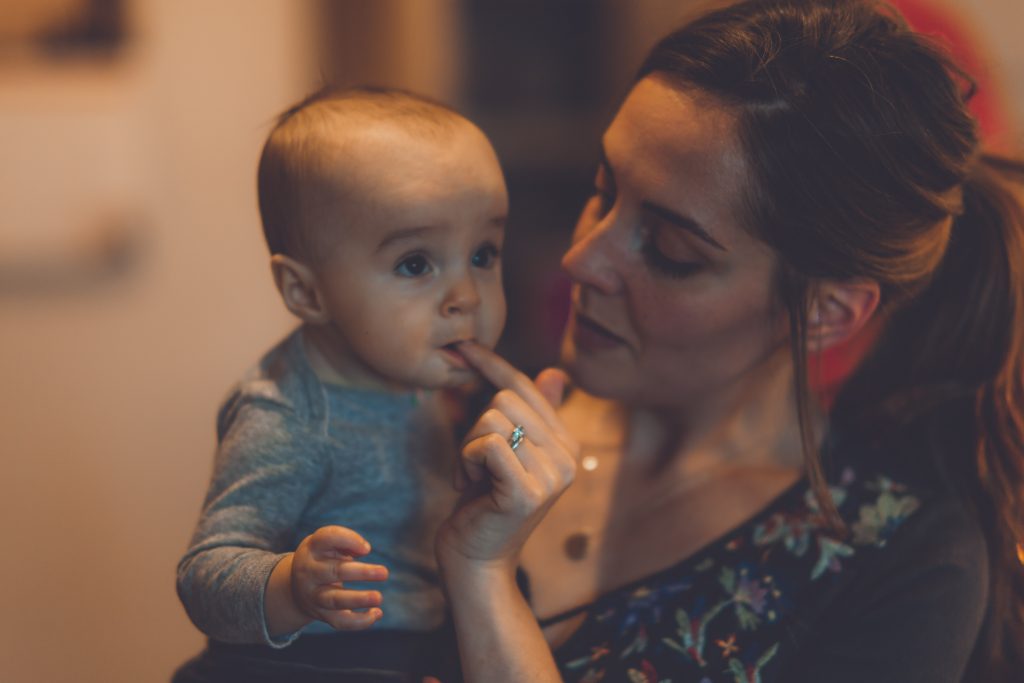
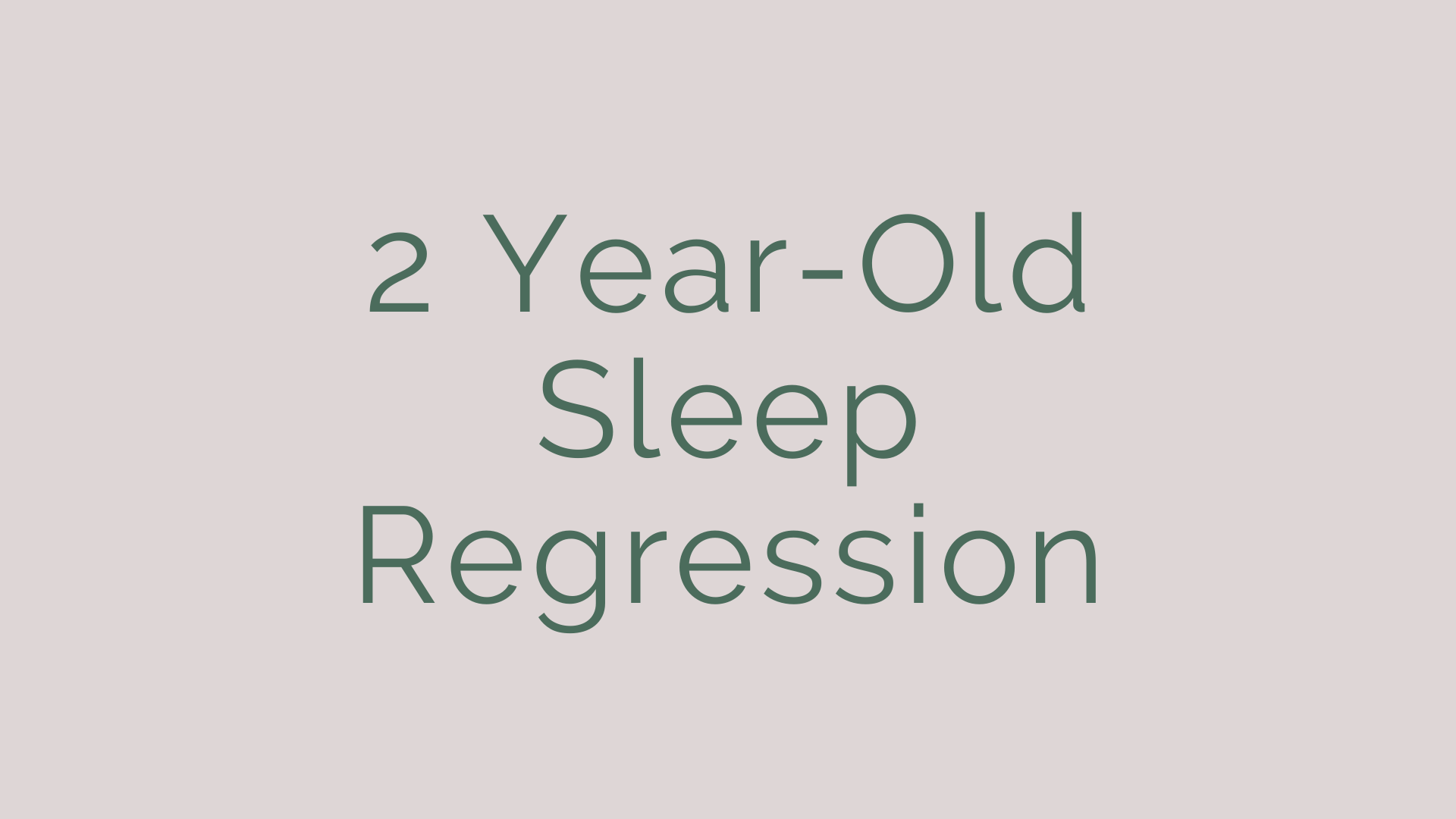
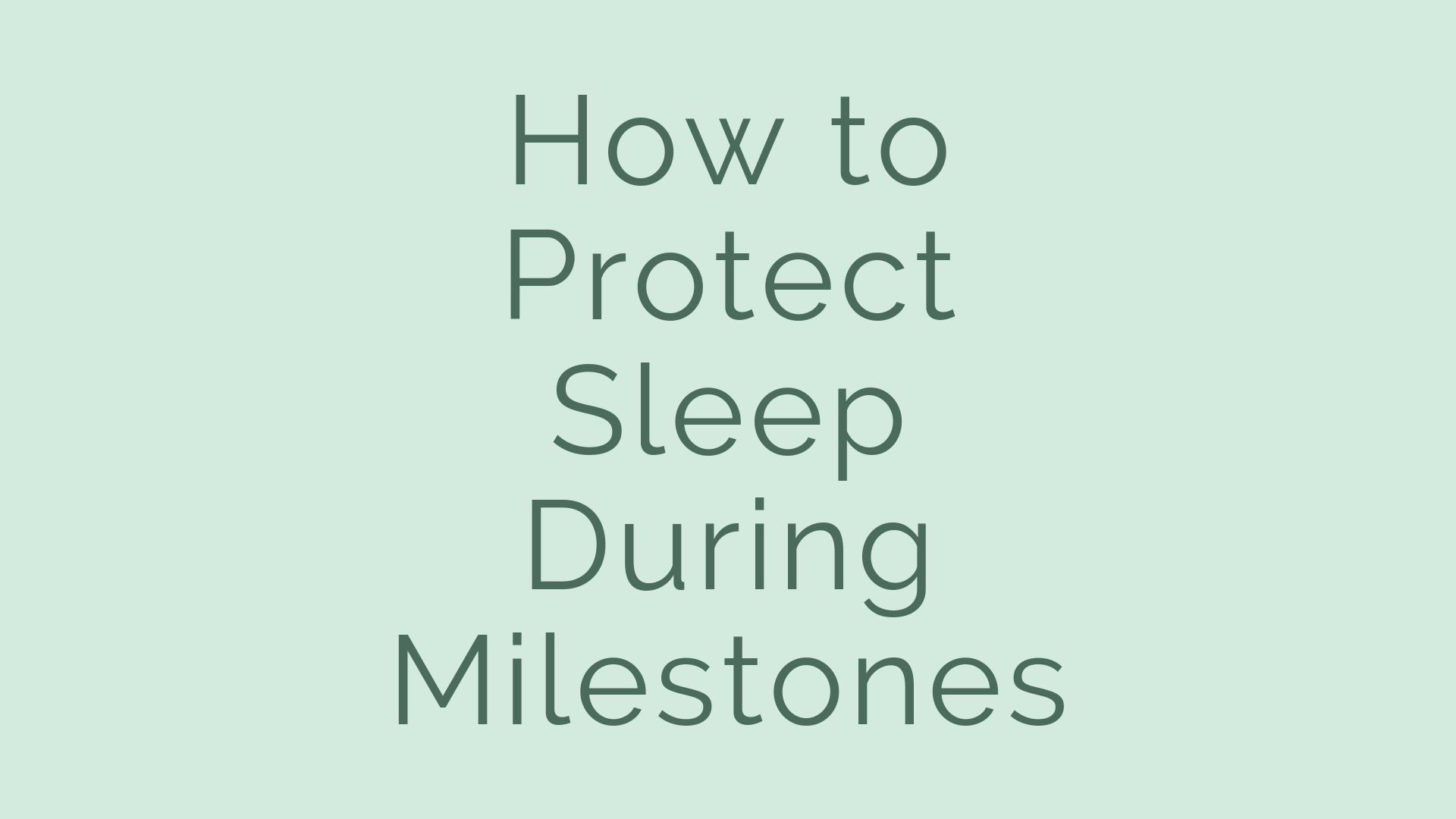
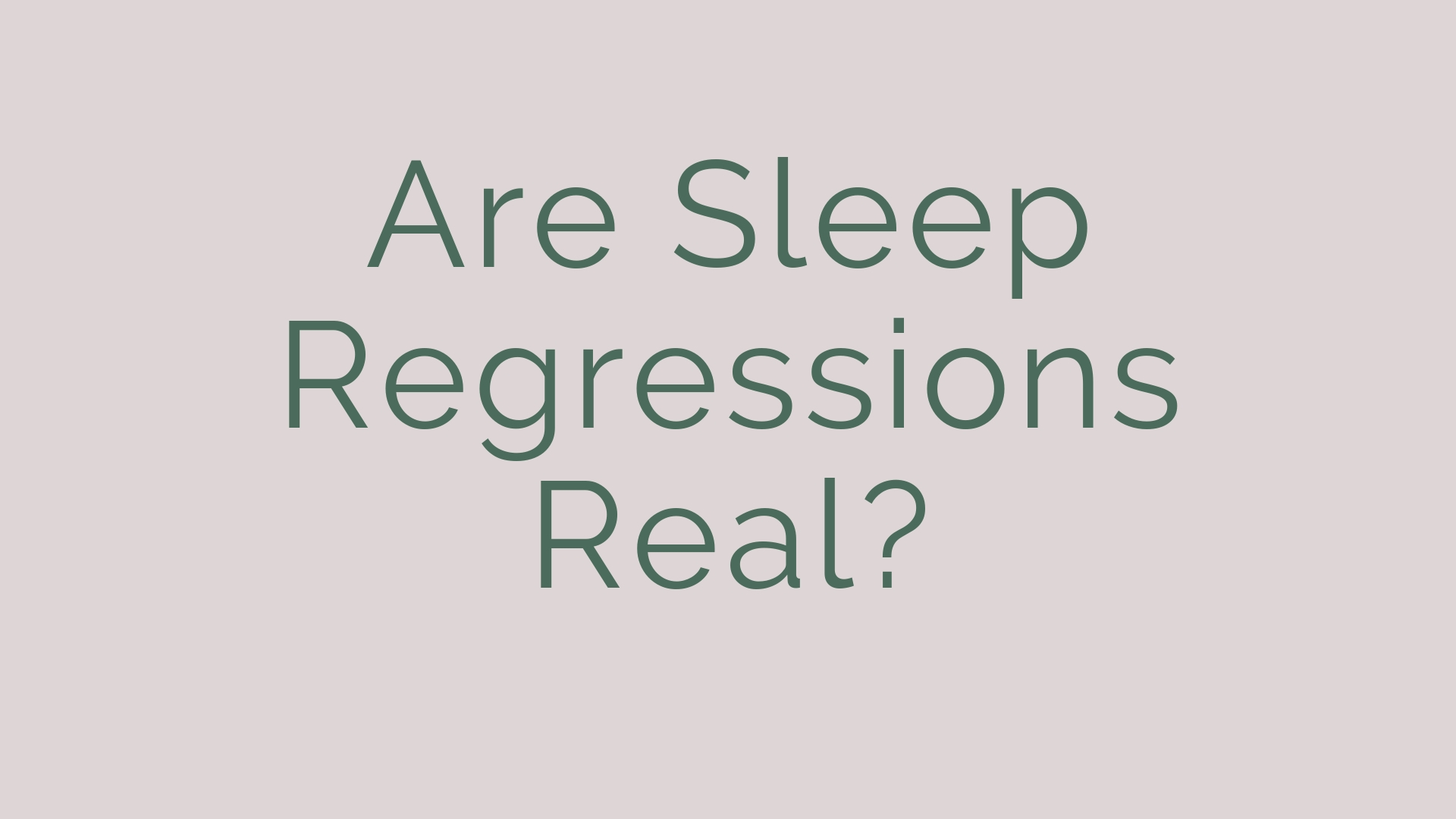
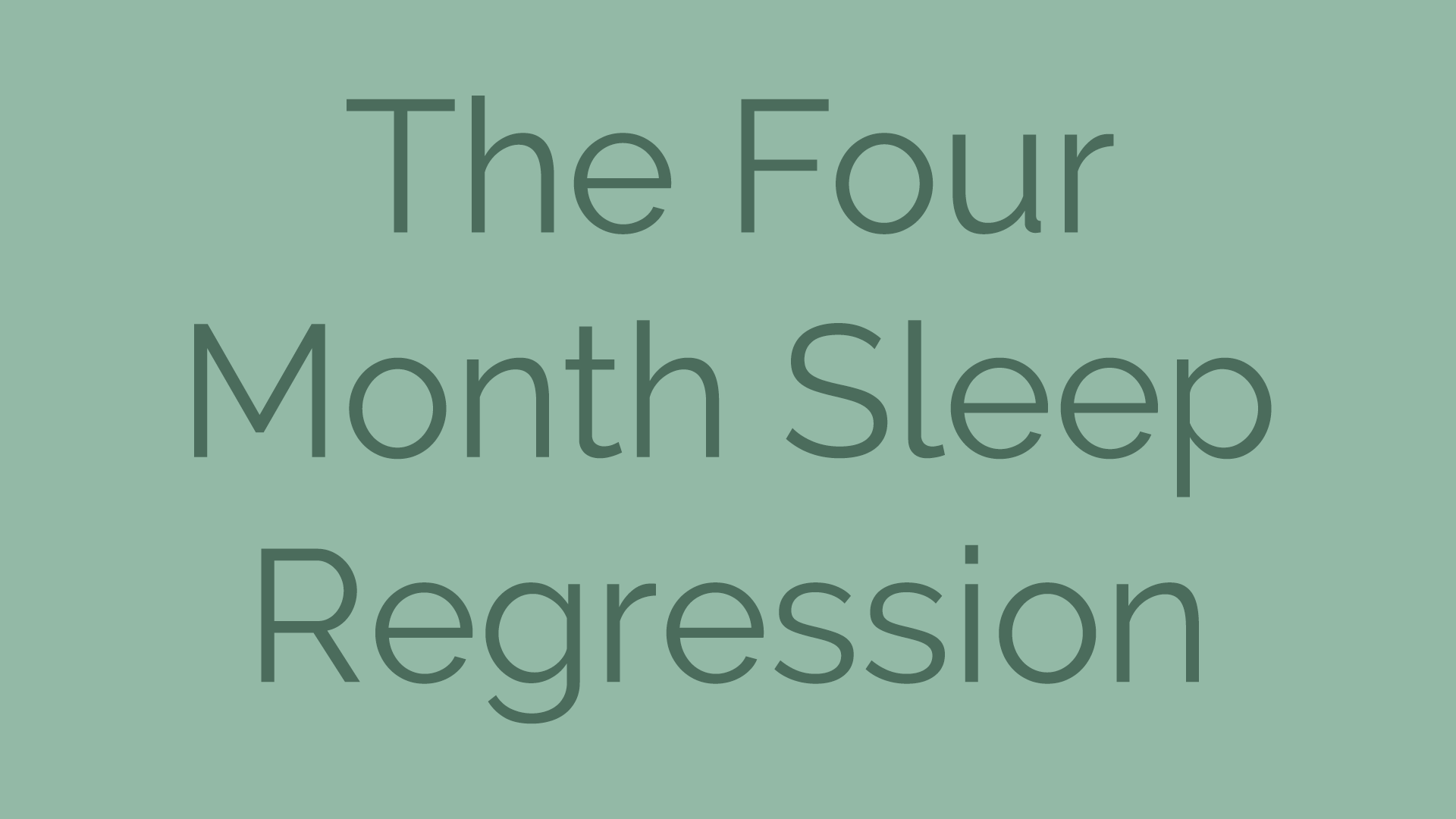
Great insights in this article! For more tips and advice on managing baby teething, visit The ParentZ for expert parenting guidance.